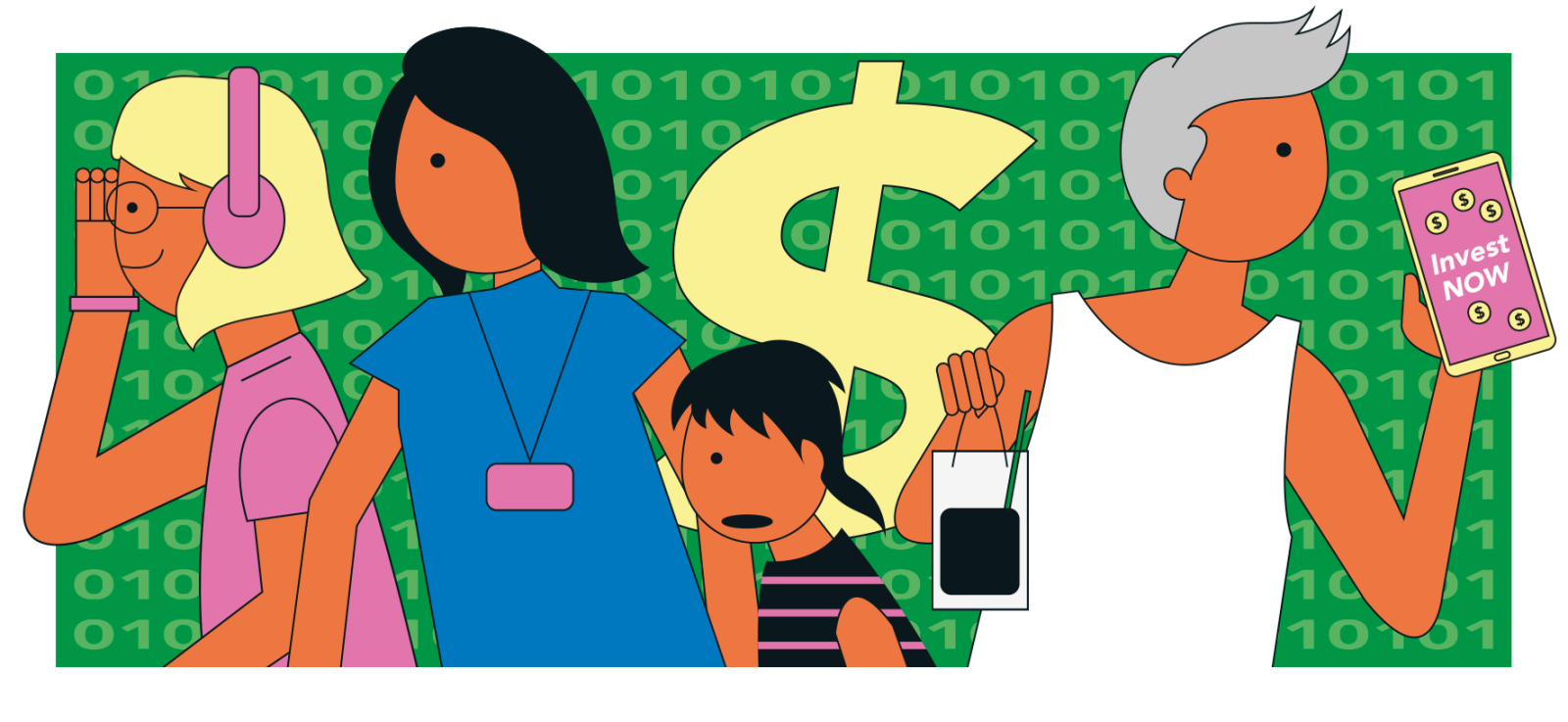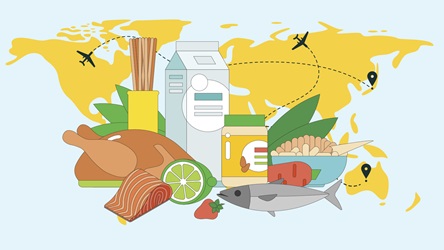Financial Literacy For All

Millennials
The Citi-SMU Financial Literacy Programme for Young Adults is a financial education programme for young adults between the ages of 17 and 30 that runs more than two dozen modules covering financial planning and investments.
Under this programme, a selection of SMU students are trained to be coaches, who go on to teach personal financial management topics – from saving and budgeting to investment and retirement planning – at tertiary institutions, non-profits and community organisations such as the Chinese Development Assistance Council.
DBS FLY (Financial Literacy for You) is a collaboration between DBS and SGX to provide financial education and resources to millennials through interactive investment events and materials that expand their investment knowledge and can get investors started on their financial planning.
Mid-career and Families
Time-strapped consumers in their 30s and 40s can use a wide range of online resources, e.g., training from Khan Academy or information from MoneySense, to up their financial knowledge. For those on the go, personal finance podcasts are popular worldwide, though many are US-centric. They offer honest insight into people’s struggles with budgeting, investing and money-making schemes such as multi-level marketing.
There are more narrowly targeted initiatives as well. Personal finance communities for women, such as The New Savvy, are on the rise as more women become financially independent and recognise their unique financial needs.
The Citi-Tsao Foundation Financial Education Programme for Mature Women, for instance, targets low-income women above 40 whose family income ranges from $1,500 to $3,500 monthly. The Foundation provides practical suggestions for women to understand how money works. They can then take charge of their finances and become more financially secure as they grow older.
Seniors
“At around age 60, households in Singapore turn from net savers into net spenders,” said SMU professor Benedict Koh at a roundtable on ageing and financial preparedness organised by SMU’s Centre for Research on the Economics of Ageing. “How much [wealth] they have accumulated is going to be very important in determining the kind of lifestyle they have.”
The National Silver Academy is a government initiative under the Action Plan for Successful Ageing that provides financial education for seniors, among other courses. Some of these courses are available for seniors to pursue at local universities and tertiary institutions, without having to take exams.
After feedback from seniors indicated that it was hard to track all the government schemes that might benefit them, the Centre For Seniors, a non-profit voluntary welfare organisation launched Silverschemes.sg as a one-stop source of information. Seniors can choose from three age groups - 50 to 54, 55 to 67, or 68 and above - to view lists of schemes available for their financial, work, social and health needs.
For any of these groups, the next step is financial capability, defined by the World Bank as having the confidence and “internal capacity to act in one's best financial interest”. And while some may prefer to transact directly without human touchpoints as financial services go online, the human touch is still useful for educating others about personal finance and policies, and ensure that everyone can take care of their own finances.
- POSTED ON
Jun 12, 2019
- TEXT BY
Richard Hartung
- ILLUSTRATION BY
Mushroomhead
-
Deep Dive
Strengthening Singapore’s Food Security
-
Feature
Why DBS Wants To Be Gandalf









